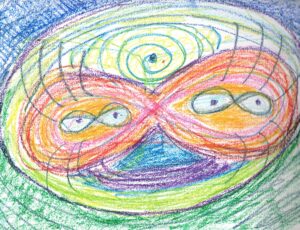I often get clients, adults, and children, who seek my help because they have trouble controlling their emotions. There are a variety of reasons that someone may be more emotional, such as:
- Experiencing an upsetting event, loss, trauma, grief, or disappointments.
- Some are naturally more emotional than others.
- They may not have learned how to navigate feelings in a healthy way.
- Their caregivers may have modelled emotional reactions.
- The person has PTSD and it is a felt body response.
- The person has anxiety, depression, bipolar or other mental health conditions.
Emotions become a problem when they are out of proportion to the situation, and the person suffers from them in some way such as they feel out of control, and they are socially inappropriate. For example, 11 year old Cindy’s teacher moved her seat at school today because she and her friend were talking during a lesson after two warnings. Cindy was sent to the office because she would not stop loudly crying for over an hour. Joe had an online project due, and he became enraged that the internet was down. He smashed his modem in a fit of anger. Jamie had news that her husband had slightly high cholesterol. Although it was a new finding, she became worried that he was going to have a heart attack. She had a hard time reigning in her worst-case scenario thoughts of the future.
At times, we all have big emotions. It is a problem when it is not appropriate to the situation, it’s ongoing and causing problems. Some people feel out of control, ashamed or afraid of their emotions. Art therapy is a very useful tool to help people with emotional regulation and self expression.[1] It can help people release their emotions into their art. Talking about one’s art can provide opportunities for personal growth, learning new coping strategies and emotional regulation techniques.
If you would like more information about how Heather Caruso Registered Psychotherapist and Art Therapist can help, contact us today.
[1] Haeyen S, Noorthoorn E. Validity of the Self-Expression and Emotion Regulation in Art Therapy Scale (SERATS). PLoS One. 2021 Mar 10;16(3):e0248315. doi: 10.1371/journal.pone.0248315. PMID: 33690731; PMCID: PMC7946186.





